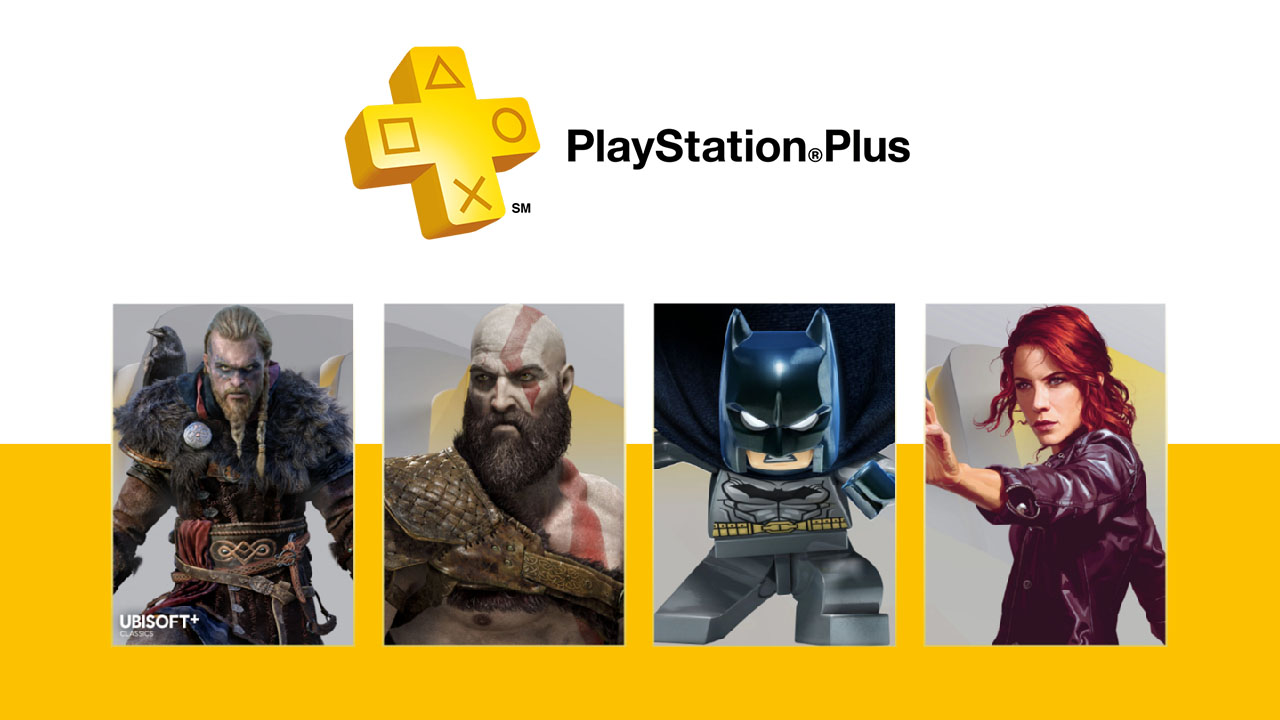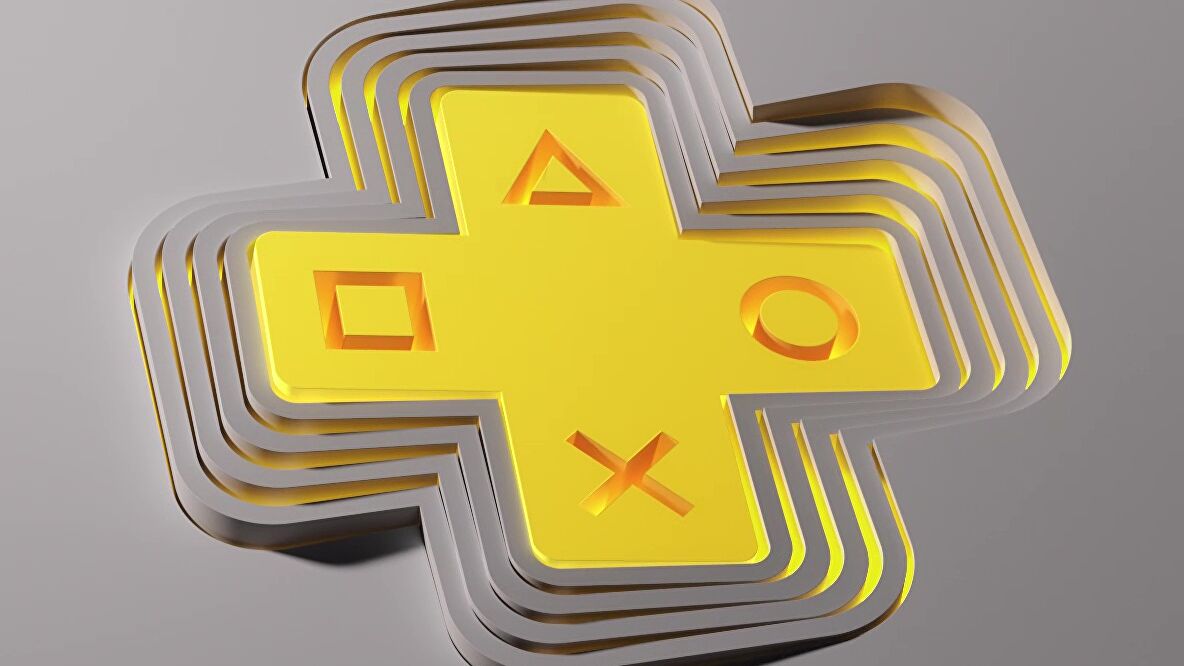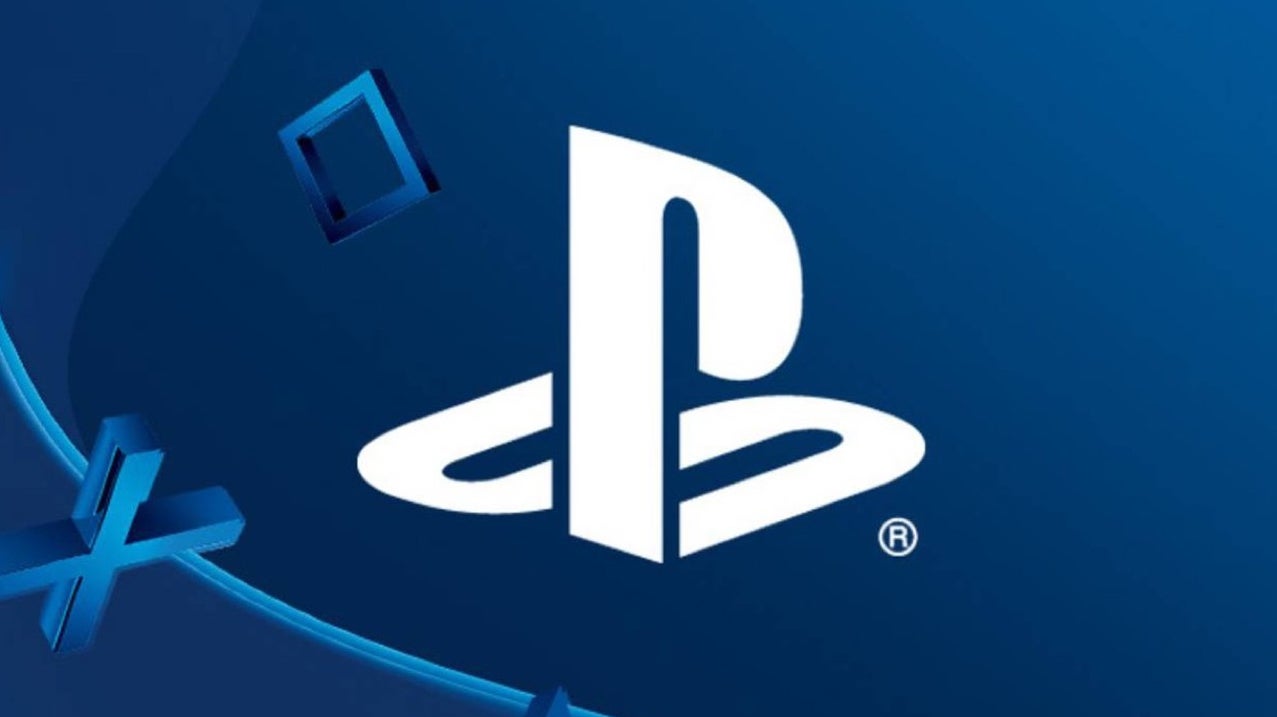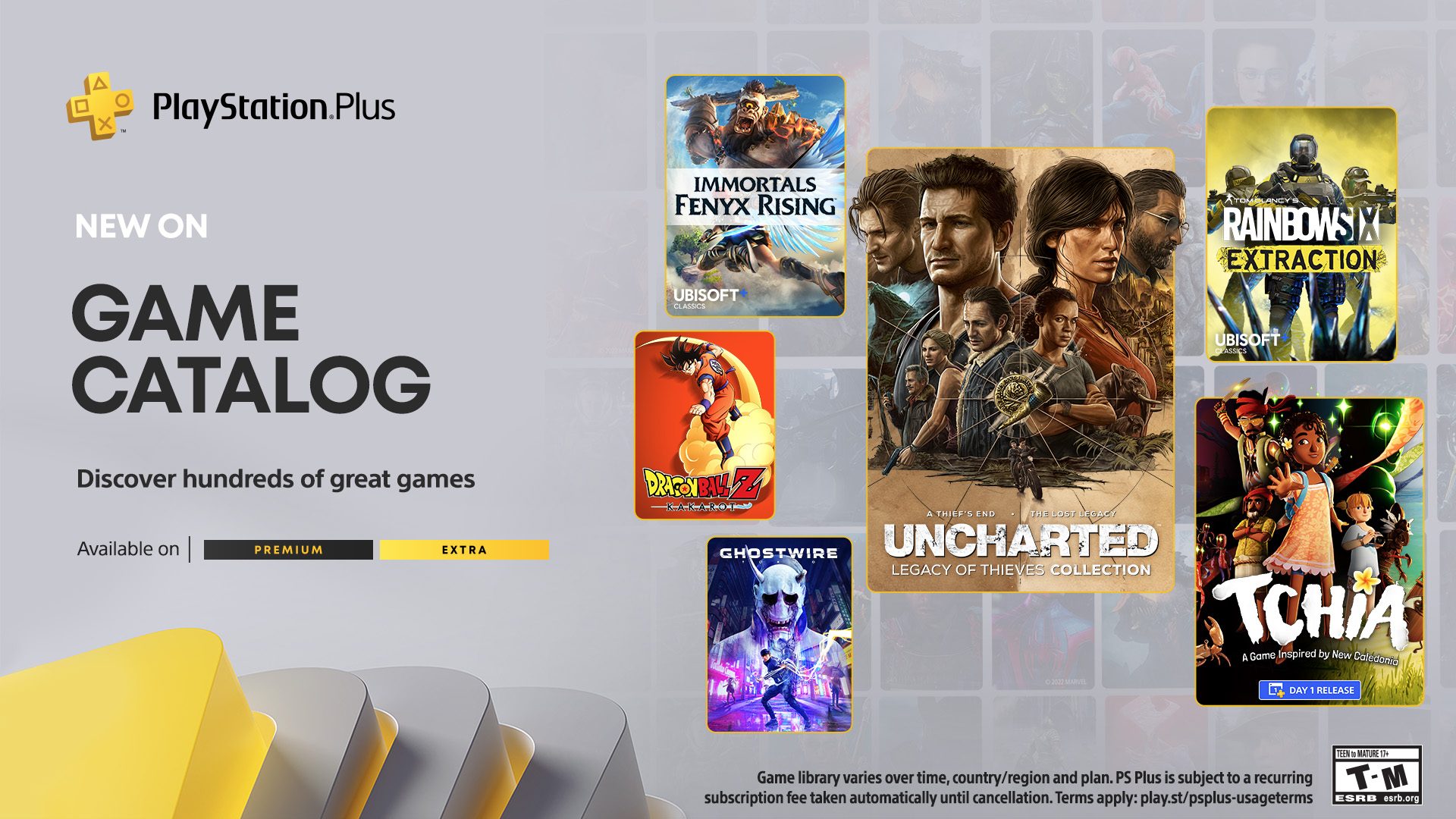So I noticed a delightful surprise today in the service.
I have only the Playstation Plus Essential subscription. So I need to upgrade to have access to PS1 games.
Regardless I went into the Store and checked the service's PS1 games.
To my surprise Jumping Flash didnt require an upgrade nor purchase. And the reason was that, the Store "remembered" that I bought Jumping Flash back in the PS3 days, so I owned it.
I am curious why Sony isn't carrying the whole library of PSOne games available on PS3's store. Some of these games are even Sony's properties so this shouldnt be a licensing problem.
Depending on what assets were used in the game, Sony may own the IP and the game itself but they may not own the rights to all assets used in the game. The most common things that will trip up future releases would be music, voice actor voices, any likenesses to real people (like actors), libraries (example, 3rd party IP copyrighted libraries for something like say audio reproduction, physics, video compression/decompression, etc.).
Older games can be an absolute mess WRT licensed content, asset, libraries, etc. Usually it's not a problem to re-license most of the stuff, but occasionally a music artist or voice actor might demand more than is worth it to re-release or even redistribute (see next 2 paragraphs) a game or it may be in question as to who owns the license for something with multiple parties claiming ownership of a license.
Modern games sold in digital storefronts are largely protected from this WRT consumers being able to re-download games that they have purchased on the store since all modern digital storefronts should be now include language in their contracts that stipulates that they own all rights for any game sold to a customer of that platform in perpetuity so long as the game is only redistributed to the person that purchased the game.
Older games bought in a digital storefront may not have that protection as not all digital storefronts had that language in their contracts (Steam/Valve was the first to demand those rights prior to allowing a game to be sold on their storefront).
As well, most modern publishers will attempt to secure the rights to as much of the content in their games as possible, but even now it can sometimes be impossible. For example, if you include copyrighted music from a popular music artist they may refuse to grant long term rights to their content used in a game.
Of course, that doesn't help older games much.
Regards,
SB







